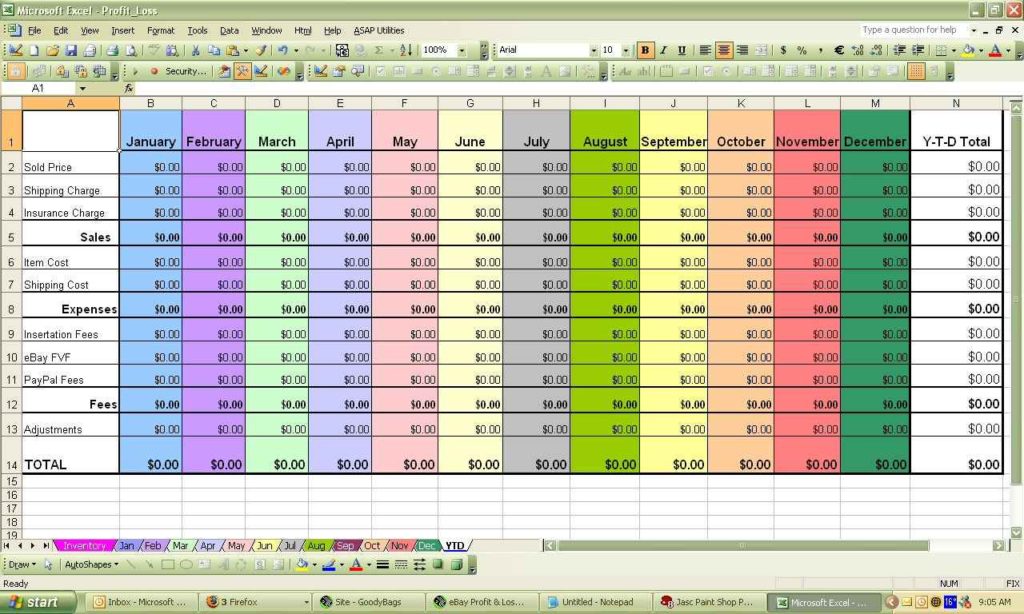How To Add Document To Excel Sheet

Ever faced the challenge of juggling multiple documents and spreadsheets? It's common to need to integrate various documents into a single Excel sheet to streamline data analysis, project management, or just to keep your work organized. Today, we'll delve into the myriad of ways you can add documents to Excel sheets, enhancing productivity and reducing the hassle of manual data entry.
Understanding Excel’s Document Integration Capabilities

Excel is more than just numbers and cells; it’s a versatile tool for integrating various types of data. Here are some key features:
- Hyperlinks: Create links to external files.
- Object Insertion: Directly insert objects like PDF, Word documents, or images into your workbook.
- Data Import: Import data from other files or databases for streamlined analysis.
Inserting External Documents as Hyperlinks

Hyperlinks offer a simple yet effective way to connect your Excel sheet to external documents:
- Select the cell where you want to place the hyperlink.
- Right-click, choose ‘Hyperlink’, or use the shortcut Ctrl+K.
- Browse to locate your document and confirm the link.
Embedding Objects Directly into Your Excel Sheet

Embed documents or images into Excel by following these steps:
- Go to the ‘Insert’ tab on the ribbon.
- Select ‘Object’ from the ‘Text’ group.
- Choose ‘Create from File’ and locate your document or image.
- Check ‘Link to File’ if you want the object to update when the source document changes.
- Click ‘OK’ to insert the object.
Here's what you need to know about object embedding:
- Embedded objects can be edited directly from Excel if the source application (like Adobe Acrobat for PDFs or Word for .doc files) is installed on your machine.
- Object sizes can be adjusted, and some like images can be resized within the spreadsheet.
📝 Note: Embedded objects might increase the size of your Excel file significantly, especially if they contain images or complex data.
Importing Data from Various File Types

Importing data directly can be especially useful for analytics or when dealing with data from multiple sources:
- Text Files (CSV, TXT): Use ‘From Text/CSV’ option in the ‘Data’ tab.
- PDFs: Extract text or convert PDFs into a readable format like CSV first.
- Word Documents: Copy-paste or convert to a compatible format before importing.
- Databases (SQL, Access): Connect through ‘Get Data’ under the ‘Data’ tab.
| File Type | Method | Excel Tool |
|---|---|---|
| CSV | Import Text File | Data > From Text/CSV |
| Manual Extraction or Third-party Tools | - | |
| Word Document | Copy-paste or Conversion | Text Import Wizard or Manual |

Handling Multiple Documents in a Single Sheet

For projects requiring the integration of multiple documents:
- Use a Named Range or create Dynamic Links to switch between embedded documents.
- Consider using the VLOOKUP or INDEX/MATCH functions to pull data from different sources into one cohesive view.
📝 Note: Excel might have limitations with dynamic links, especially if you exceed certain limits, so consider alternative methods like VBA or Excel Add-ins.
Advanced Tips for Efficiency

Here are some pro tips to enhance your document integration process:
- Use Power Query: This tool allows for importing and transforming data from multiple sources, saving time with data preparation.
- Excel Add-ins: Look for add-ins like PDF2XL or Datapig, designed to simplify the integration of various document types into Excel.
- VBA (Visual Basic for Applications): Automate repetitive tasks with macros, especially for document management and integration.
In summary, Excel’s capabilities for integrating documents into your spreadsheets are vast and versatile. From hyperlinks to embedding objects, and from data import to using advanced functions like Power Query and VBA, Excel provides numerous methods to streamline your work. By understanding and applying these techniques, you’ll not only save time but also enhance your ability to manage and analyze data from diverse sources. Remember, practice makes perfect, so experiment with these methods to find what works best for your specific needs.
Can I edit an embedded PDF in Excel?

+
If you have Adobe Acrobat or another PDF editor installed, you can open and edit the embedded PDF file directly from within Excel.
What if my files are too large to embed?

+
For very large files, consider using hyperlinks or storing files in a shared folder or cloud storage and link to them. This will keep your Excel file size manageable.
How to handle document updates in linked files?

+
Use the ‘Edit Links’ option under the ‘Data’ tab to refresh or update links when the source document changes. You can also automate this process with VBA macros.



